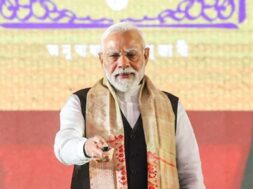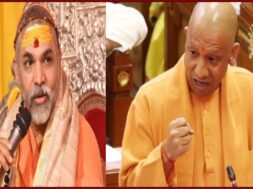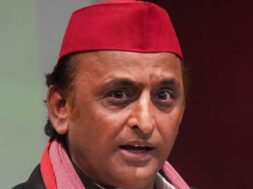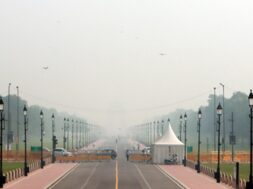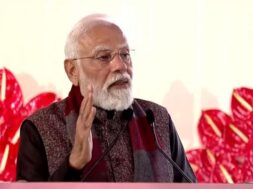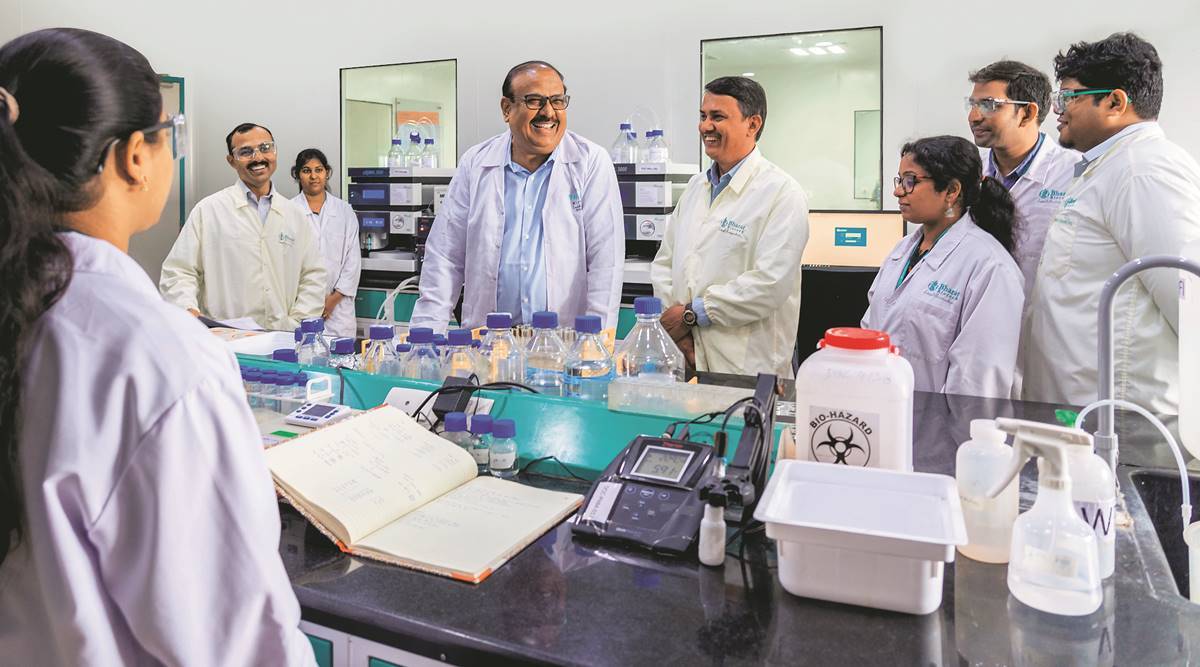
Government Roadmap: “Covaxin Manufacturing to Supply is a Four-Month Process:” Bharat Biotech
Manas Dasgupta
NEW DELHI, May 28: On a day the central government claimed to have developed a “clear roadmap” to vaccinate almost all Indians by the end of December, this year, the Covaxin” manufacturer Bharat Biotech virtually threw a spanner pointing out that manufacturing to supply of each dose of vaccine was a long four month process. “The production batches initiated in March will only be ready for supply by June,” the manufacturer said.
Taking the company’s time-frame in account, the experts pointed out the government’s claim of having provided financial assistance to the Hyderabad-based company last month to step up its production of vaccine could start earing fruits only from October onwards giving about couple of months for preparations to hike the production capacity.
If similar was the situation with Pune-based Serum Institute of India producing “Covishield,” he experts questioned the validity of the claim of India having more than 216 crores doses by December to fully vaccinate at least 108 crore citizens of India by the end of the current year.
“Production scale-up of vaccines is a step-by-step process, involving several regulatory SOPs of GMP (Standard Operating Procedures of Good Manufacturing Practices),” Bharat Biotech said on Friday.
“The timeline for manufacturing, testing and release for a batch of Covaxin is approximately 120 days, depending on the technology framework and regulatory guidelines to be met. Thus, production batches of Covaxin that were initiated during March this year will be ready for supply only during the month of June,” the vaccine maker said in a press release.
Bharat Biotech’s clarification comes at a time when the country is facing a shortage of Covid-19 vaccines, leading to disruptions in the nationwide inoculation programme.
“There is a four-month lag time for Covaxin to translate into actual vaccination,” it said. The manufacturing, testing, release and distribution of vaccines are complex and multi-factorial processes with hundreds of steps, requiring a diverse pool of human resources,” the firm said. For vaccines to result in actual vaccination of people, highly coordinated efforts are required from international supply chains, manufacturers, regulators and State and Central government agencies, it said.
Based on Central Drugs Standard Control Organisation (CDSCO) guidelines, all vaccines supplied in India are mandated by law to be submitted for testing and release to the Central Drugs Laboratory, Government of India.
All batches of vaccines supplied to State and Central Governments are based on the allocation framework received from the Centre, the company said. The timeline for vaccine supplies to reach the depots of the State and Central Governments from Bharat Biotech’s facilities is around two days. The vaccines received at these depots have to be further distributed by the State Governments to various districts within their respective states. This requires an additional number of days.
In the other Covid front, official sources said Defence Research and Development Organisation’s (DRDO) anti-Covid-19 drug would be sold at ₹990 per sachet by Dr Reddy’s Laboratories (DRL). The Hyderabad-based pharma company, however, will provide the medicine to Centre and state government at a discounted price.
The first batch of DRDO’s anti-Covid-19 drug was released on May 17 by Defence Minister Rajnath Singh and health minister Dr Harsh Vardhan, after the Drugs Controller General of India permitted the emergency use authorisation of 2-deoxy-D-glucose (2-DG), anti-viral drug as an adjunct therapy for moderate to severe coronavirus patients.
In April last year when the pandemic broke out, scientists of Institute of Nuclear Medicine and Allied Sciences (INMAS), a lab of DRDO conducted laboratory experiments with the help of the Centre for Cellular and Molecular Biology (CCMB), Hyderabad in collaboration with DRL and found that this molecule works effectively against the SARS-CoV-2 virus and inhibits viral growth.
The 2-DG drug comes in powder form in the sachet, which is taken orally by dissolving it in water. It accumulates in the virus-infected cells and prevents virus growth by stopping viral synthesis and energy production. Its selective accumulation in virally infected cells makes this drug unique, the sources said.
The drug reportedly reduces a patient’s average recovery time by two and a half days and oxygen demand by upto 40 per cent, the Union Health Ministry said.
Meanwhile, the Apollo Group of Hospitals has announced that it will start administering the Russian Covid-19 vaccine Sputnik V, across its hospitals in India from the second week of June, at an estimated price of ₹1,195 per dose.
“We will be charging ₹995 for the vaccine and ₹200 would be administration charges,” an official of the Apollo Group said.
Apollo Hospitals said they would start administering Sputnik V from the second week of June.
In a statement, Executive Vice-chairperson Shobana Kamineni of the Apollo Group of Hospitals said the group had completed administering one million vaccine doses across 80 locations in India, and would prioritise frontline workers, high-risk population, and corporate employees.
Giving details on ramping up their vaccination programme, Kamineni said, “In June, we will do a million every week and double that in July. We are on track to complete 20 million jabs by September this year.”
India and Russia are planning to manufacture around 35-40 million doses every month that will start from August or September.
On May 24, the Russian Direct Investment Fund (RDIF) and Panacea Biotec, one of the leading pharmaceutical producers in India, had launched the production of the Sputnik V Covid-19 vaccine.
Sputnik V got approval from the Subject expert committee (SEC) for Emergency Use Authorisation (EUA), making it the third COVID-19 vaccine to get clearance in India.
India has become the 60th country to authorise the use of the Russian vaccine against coronavirus. It is now approved in countries with a total population of 3 billion, or 40 percent of the world’s population.
